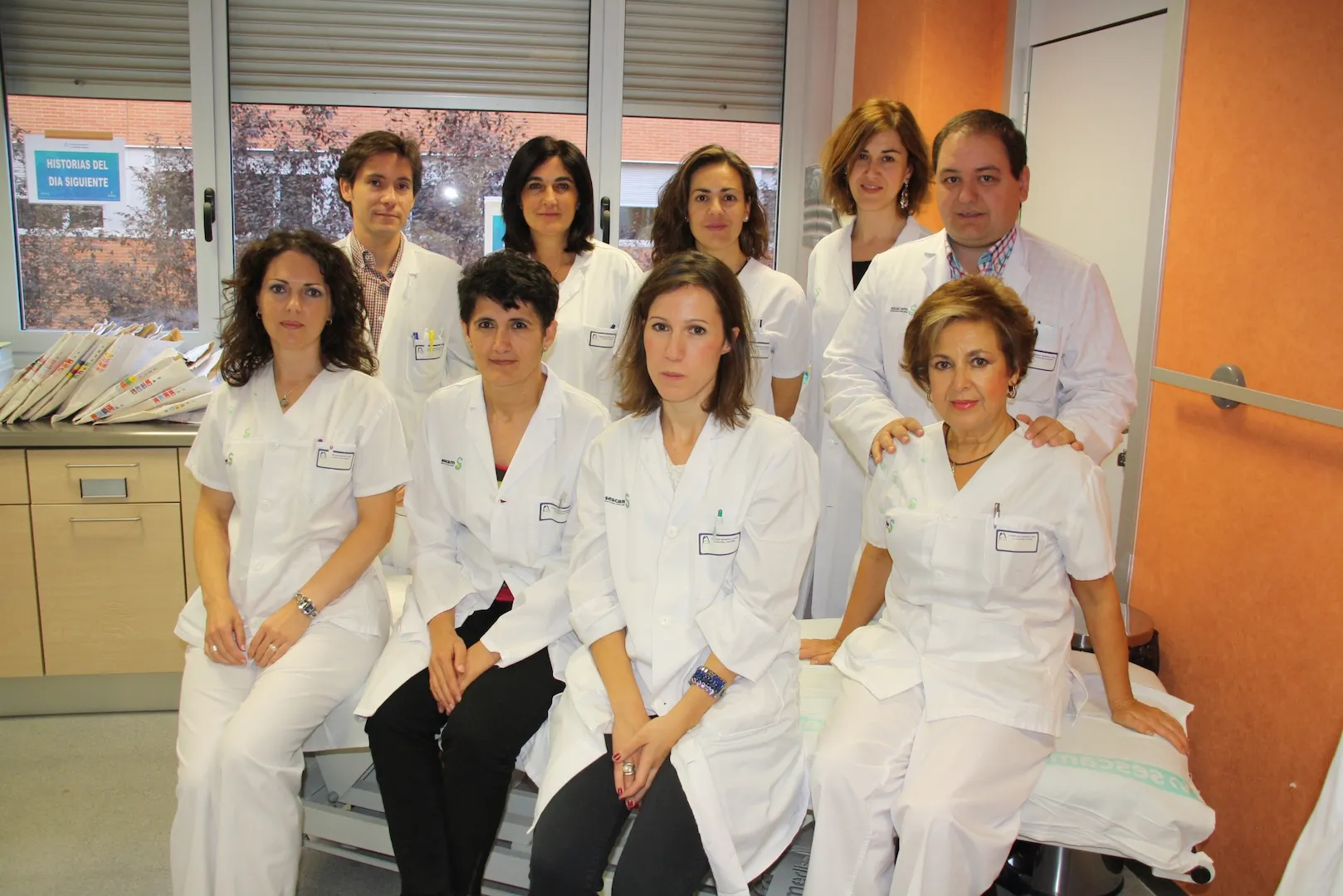Castilla-La Mancha has hosted the beginning of a pilot project to train nurses, both primary care and endocrinology services and hospitalization units, and train them, in turn, to educate patients about this diseaseand his relatives.
The formative initiative, organized in Talavera de la Reina, has been possible thanks to the collaboration between the Ministry of Health of the region, through the integrated area of the aforementioned municipality, and the Castilian-Manchega Society of Endocrinology, Nutrition and Diabetes (Scamend), With the support of Novo Nordisk.
Also, the day of Talavera de la Reina will follow another in May in Toledo, also the fruit of the collaboration between the three entities mentioned.In this sense, the balance of the results of the two sessions will allow the expansion of the project to more municipalities in Castilla-La Mancha or other autonomous communities.
The initiative has its origin in one of the needs detected by the 'Study of attitudes, desires and needs to diabetes' (Dawn2, for its acronym in English), carried out in 17 countries to people with diabetes, their relatives and health professionalsthat attend them.
According to the results of the investigation, only 50 percent of the Spaniards with diabetes claim to have ever attended individual training sessions about their illness and the way of controlling it, and only 38 percent, to group meetings with the same objective.The percentage is even lower in the case of relatives, since only 1 in 5 claim to have received any training.In addition, the issues on which most interest are food guidelines (57.5%), treatments and drugs (53%) and general information about diabetes (51%).
"Diabetes is one of the pathologies in which self -control is the most important by patients to ensure the optimization of their treatment and improve their quality of life. Self -care must combine through healthy eating, physical exercise practice andAn adhesion to the treatment that will be achieved from an educational process, together with the automation of glycemia.(Thirst), Mercedes Galindo.
It is necessary to increase the face -to -face training on self -control
Faced with the demand for training of Spanish patients, 85 percent of probe health professionals for DAWN2 ensure that the main resources they have to satisfy them are training brochures and other printed materials, followed by monographic web pages on diabetes or health in healthgeneral (45.3%).Therefore, 65 percent ask that the face -to -face formation on the self -control of the disease and 66 percent increase, which there are more diabetes educators.
"Although thirst works on the development of a monograph, with the clear damage to people with diabetes, "the expert was apostilled.
Likewise, the coordinator of the Endocrinology Service of the General Hospital Nuestra Señora del Prado de Talavera de la Reina, Benito Blanco, has highlighted the importance of the educator in diabetes in the patient's training process and their relatives, for which he has advocated by expandingThe work of the specialized nurse, so that the patient understands and assumes his situation when before and has in his educator the necessary reference to solve any questions about hisdaily coexistence with the disease.
communication, motivation and empathy techniques
On the other hand, the pilot project initiated in Castilla-La Mancha includes training in educators in communication, motivation and empathy techniques with patients, as well as a work program with them based on individualization.
On the one hand, the individualization of the diet and physical exercise, that nurses must agree with each patient and their relatives to follow the most appropriate guidelines for their schedules, preferences and concrete clinical situation.Second, the individualization of the treatment, so that each patient knows in detail which one that their doctor has prescribed, how it is administered and how it can evolve in parallel to the results of the glycemic controls.
In addition, and with the aim of sharing all this information, the pilot project recommends that the relationship of educators with patients and their relatives begin with an individual interview to assess their emotional, cultural and socio -economic context.Behind her, subsequent group training sessions allow attendees to motivate each other and learn from the experiences of others.
The monitoring in consultation every several months and the formative recycling at least once a year complete the optimal formation of people with diabetes.
Regarding the day of Talavera de la Reina, Sonia Arias, nursing director of the integrated area of this municipality, comments "the satisfaction that for nurses, as main managers of patient care, means transmitting knowledge and, throughThey, get them to accept diabetes, change their habits, acquire greater autonomy and lead a fully normal life.associated or not to this disease. "
Finally, the initiative includes a monographic part about hypoglycemia so that both these professionals and the people who form later to act before an episode of this type.
And, generally, before minor hypoglycemic episodes, the affected person must immediateRepeat.In the most serious cases, which are those that the patient cannot solve for himself, he must receive a glucagon injection by a third person.


